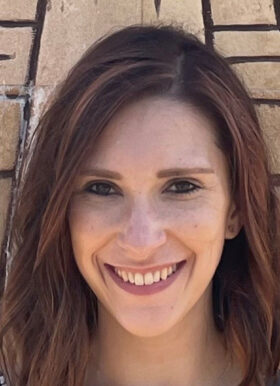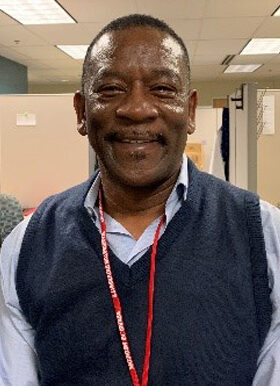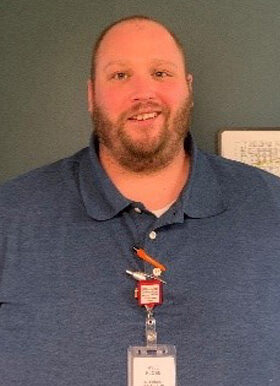The Washington University Bridge to Health Program provides additional services to patients who inject drugs and are admitted to the hospital with invasive infections.
Patients in the program have FREE access to health coaches, mental health services, clinical case management, transportation and medication assistance (if eligible) and connection to care after treatment of the infection is completed. We have a team of people and additional resources to help you for several weeks.
Meet the Team

Jessica Elrod-Gallegos, MSW, LCSW
Clinical Case Manager
- Phone: 314-584-0425
- Email: gallegos@wustl.edu


Resources
MISSOURI NETWORK FOR OPIATE REFORM AND RECOVERY
4022 S. Broadway St. Louis, MO 63118
844-Rebel Up OR 844-732-3587
www.monetwork.org
Drop-in Hours
Monday-Friday (10am-5pm)
Saturday-Sunday (12pm-6pm)
ST. LOUIS EMPOWERMENT CENTER
1908 Olive Street St. Louis, MO 63103
314-652-6100
dbsaempowerment.org
Drop-in Hours
Every day (9am-3pm)
SPRINGFIELD RECOVERY COMMUNITYCENTER
1925 E. Bennett St. Springfield, MO 65804
417-368-0852
SRCC | @Springfieldrecovery.hope
Drop-in Hours
Monday- Friday (9am-9pm)
Saturday (6pm-10pm)
STRUGGLING?
Need help now?
Behavioral Health Response can help.
Call the 24-hour crisis line: 314-469-6644 or 800-811-4760
HEALING HOUSE
4602 St. John Ave. Kansas City, MO 64123
816-920-7181
healinghousekc.org
Drop-in Hours
Every day (9am-4:30 pm)
Sunday (1:00pm-3:00pm)
Bacterial Infections
Injecting drugs can introduce bacteria into the skin, surrounding tissues, and/or the bloodstream. This happens when you use contaminated needles, when you re-use needles, or from not cleaning the skin prior to injection.

Licking needles prior to injecting can also cause bacterial and fungal infections. Sometimes when bacteria enter the bloodstream they can cause other problems including endocarditis, osteomyelitis, septic arthritis, or epidural abscess.